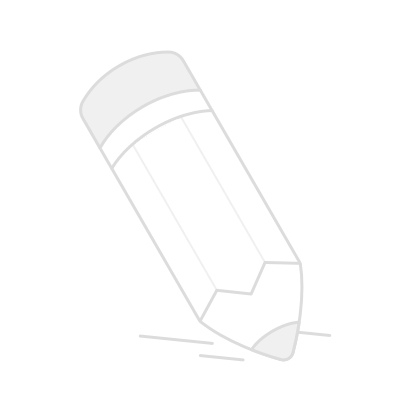知音博雅英语请用大屏电脑读大字。
Behind the Scenes
by Elizabeth KeckleyReadability:Flesch–Kincaid Level: 7.4 听读级
Word Count: 60,930
PREFACE
I have often been asked to write my life, as those who know me know that it has been an eventful one. At last I have acceded to the importunities of my friends, and have hastily sketched some of the striking incidents that go to make up my history. My life, so full of romance, may sound like a dream to the matter–of–fact reader, nevertheless everything I have written is strictly true; much has been omitted, but nothing has been exaggerated. In writing as I have done, I am well aware that I have invited criticism; but before the critic judges harshly, let my explanation be carefully read and weighed. If I have portrayed the dark side of slavery, I also have painted the bright side. The good that I have said of human servitude should be thrown into the scales with the evil that I have said of it. I have kind, true–hearted friends in the South as well as in the North, and I would not wound those Southern friends by sweeping condemnation, simply because I was once a slave. They were not so much responsible for the curse under which I was born, as the God of nature and the fathers who framed the Constitution for the United States. The law descended to them, and it was but natural that they should recognize it, since it manifestly was their interest to do so. And yet a wrong was inflicted upon me; a cruel custom deprived me of my liberty, and since I was robbed of my dearest right, I would not have been human had I not rebelled against the robbery. God rules the Universe. I was a feeble instrument in His hands, and through me and the enslaved millions of my race, one of the problems was solved that belongs to the great problem of human destiny; and the solution was developed so gradually that there was no great convulsion of the harmonies of natural laws. A solemn truth was thrown to the surface, and what is better still, it was recognized as a truth by those who give force to moral laws. An act may be wrong, but unless the ruling power recognizes the wrong, it is useless to hope for a correction of it. Principles may be right, but they are not established within an hour. The masses are slow to reason, and each principle, to acquire moral force, must come to us from the fire of the crucible; the fire may inflict unjust punishment, but then it purifies and renders stronger the principle, not in itself, but in the eyes of those who













